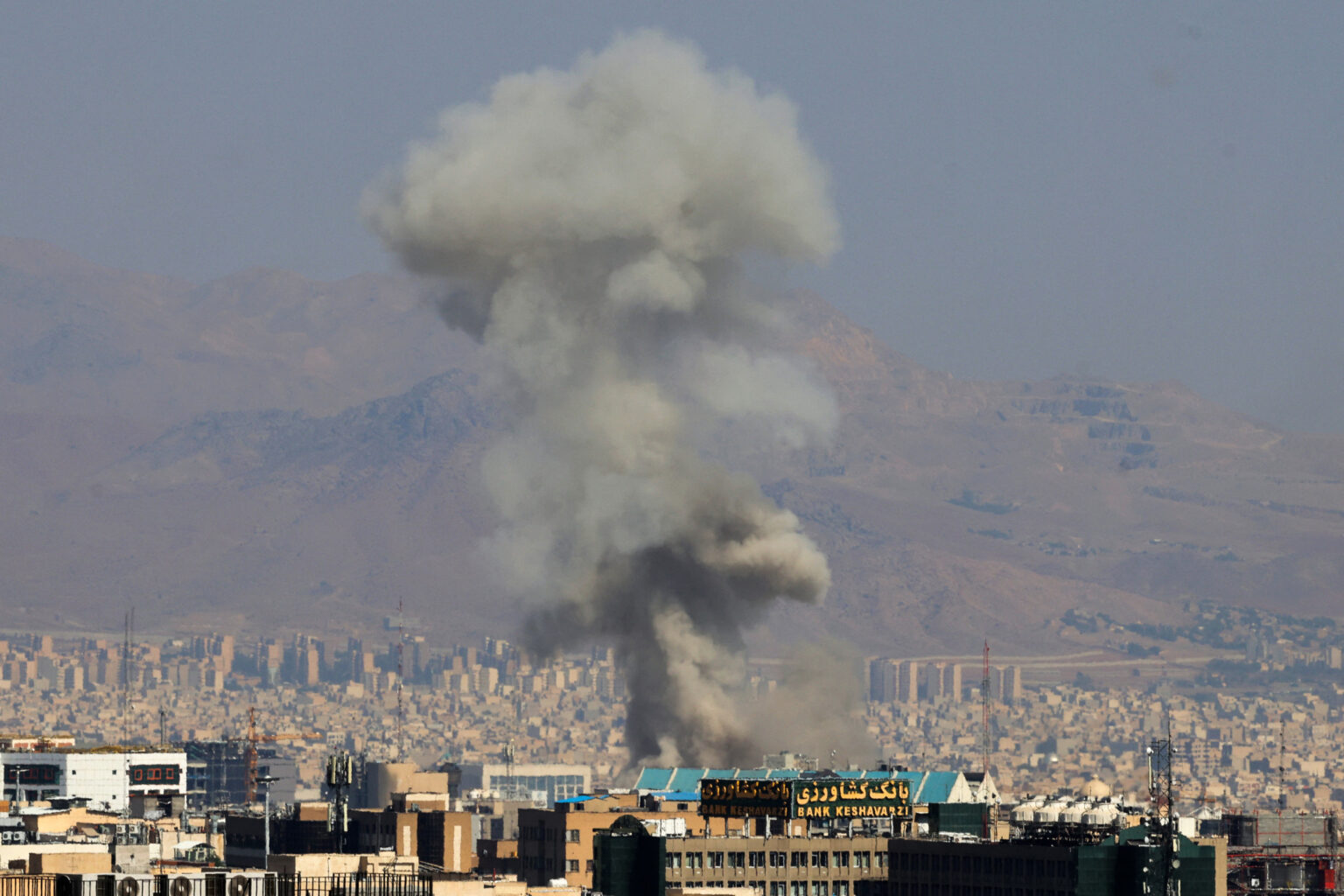Iran’s nuclear program topped a list of concerns for both Democrats and Republicans in a poll conducted before Israel launched its attack on Iran. Yet, there was a significant party divide over support for Israeli airstrikes against Iran’s nuclear facilities if negotiations failed.
Newsweek reached out to the White House and Iranian Foreign Ministry via email for comment.
Why It Matters
The Reagan Institute survey was based on samples from 1,257 U.S. adults and concluded June 2 to 11, days before Israel began its strikes against Iranian military and nuclear targets, prompting Iran to retaliate with waves of missiles.
Israeli officials said Iran was on the verge of developing a nuclear bomb, a claim not fully shared by U.S. intelligence.
President Donald Trump’s order to bomb Iran’s nuclear enrichment sites Sunday marked a further escalation and drew criticism from Democrats and some prominent MAGA Republicans opposed to military intervention.
Iran’s Nuclear Ambitions
Among geopolitical issues, Iran’s potential to acquire nuclear weapons was the top concern for Americans—84 percent expressed worry. Of those surveyed, 89 percent of Republicans and 84 percent of Democrats said preventing Iran from developing nuclear weapons was important for U.S. security and prosperity.
Two-thirds of respondents—69 percent of Democrats and 71 percent of Republicans—said they support a deal to ease economic sanctions on Iran if it would prevent the country’s development of nuclear weapons. Only 20 percent opposed such efforts.
A plurality of 45 percent said they would support targeted Israeli airstrikes on Iranian nuclear facilities. Republicans (60 percent) were almost twice as likely as Democrats (32 percent) to back this scenario.
During his first term, Trump unilaterally withdrew the United States from the Iran nuclear deal, known as the Joint Comprehensive Plan of Action, which had been negotiated by the Obama administration.
Iran has since gradually restricted International Atomic Energy Agency inspectors’ access to its nuclear sites and far exceeded the agreement’s limits on uranium enrichment purity, according to the IAEA. Tehran insists its nuclear program is solely for domestic energy needs.
China and Taiwan
Three-quarters of those polled said a war between China and Taiwan would impact U.S. security and prosperity, the self-ruled democracy that Beijing claims as its territory.
In recent years, China, which has vowed to bring Taiwan under its control, by force if necessary, has stepped up military activities around the island, including simulated blockades and near-daily sorties across the median line of the Taiwan Strait.
A strong 70 percent majority, including 70 percent of Republicans and 75 percent of Democrats, said they would support U.S. military action to defend Taiwan if China attempted an invasion or blockade.
This support rose to 78 percent overall (81 percent of Democrats and 80 percent of Republicans) after respondents were presented with arguments in favor of defending Taiwan.
China was perceived as a direct threat to the United States by 80 percent of respondents. Concerns cited by more than three-quarters included technology theft, China’s holdings of U.S. government debt, military buildup, advancements in artificial intelligence, and the potential to overtake the U.S. as the world’s leading superpower.
Russia and Ukraine
Russia’s war against Ukraine, now in its fourth year, remained a major concern for 73 percent of Americans.
Democratic support for a Ukrainian victory outpaced Republican backing, at 80 percent to 47 percent, respectively. Meanwhile, 28 percent of Republicans said they hope neither country prevails, while 12 percent supported Russia.
Foreign Policy
The pollster noted a shift in Americans’ preferences regarding the role they want Washington to play in the world.
Nearly two-thirds of respondents (64 percent) supported U.S. leadership over a more isolationist approach to foreign policy—an increase of 20 percentage points since 2022.
This trend was reflected across the political spectrum, with support from 65 percent of Democrats, 59 percent of Republicans, and 73 percent of those who identified as MAGA Republicans.
The uptick in support for U.S. engagement was especially clear among Republicans and MAGA Republicans, whose backing increased by 10 and 12 percentage points, respectively.
Read the full article here

